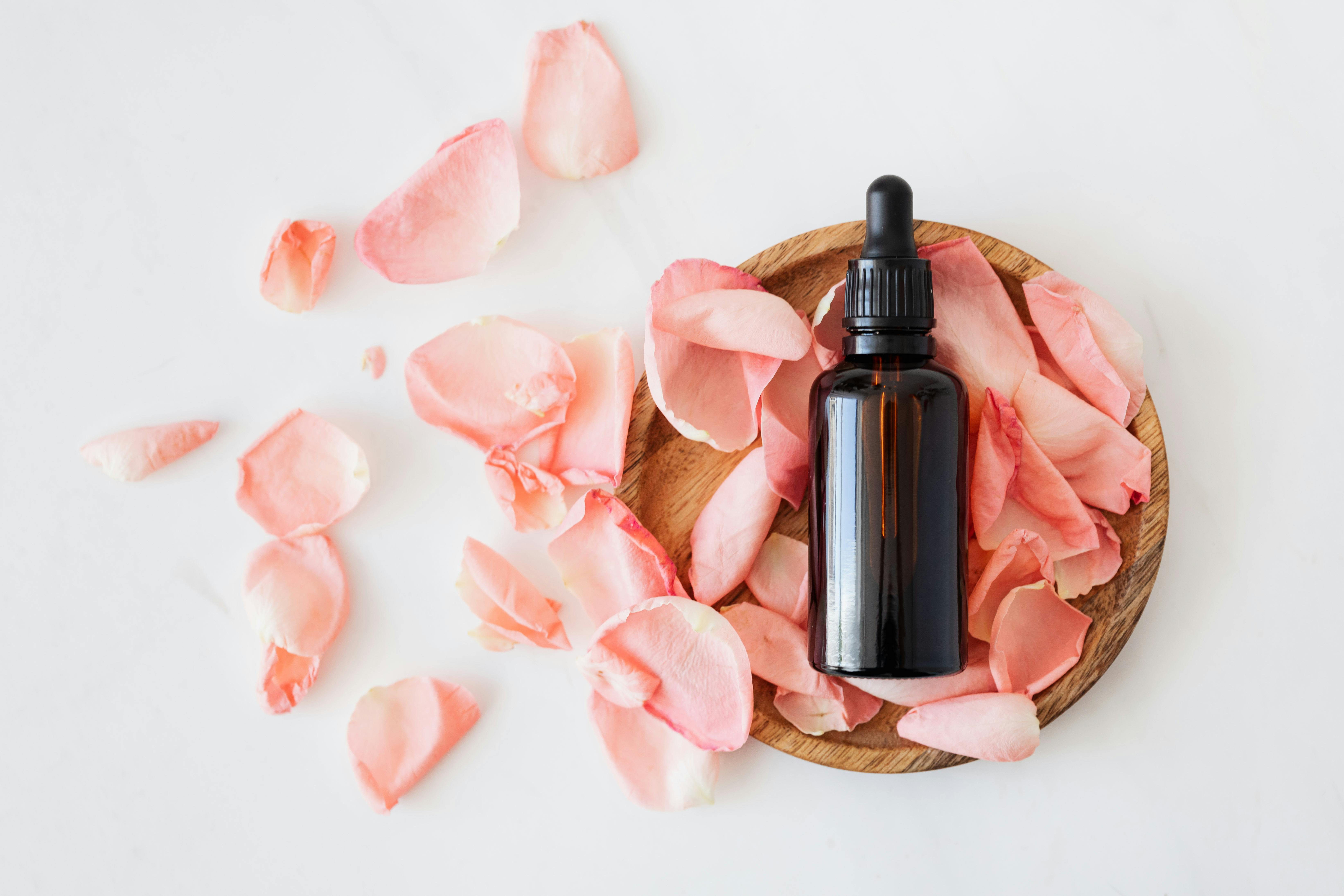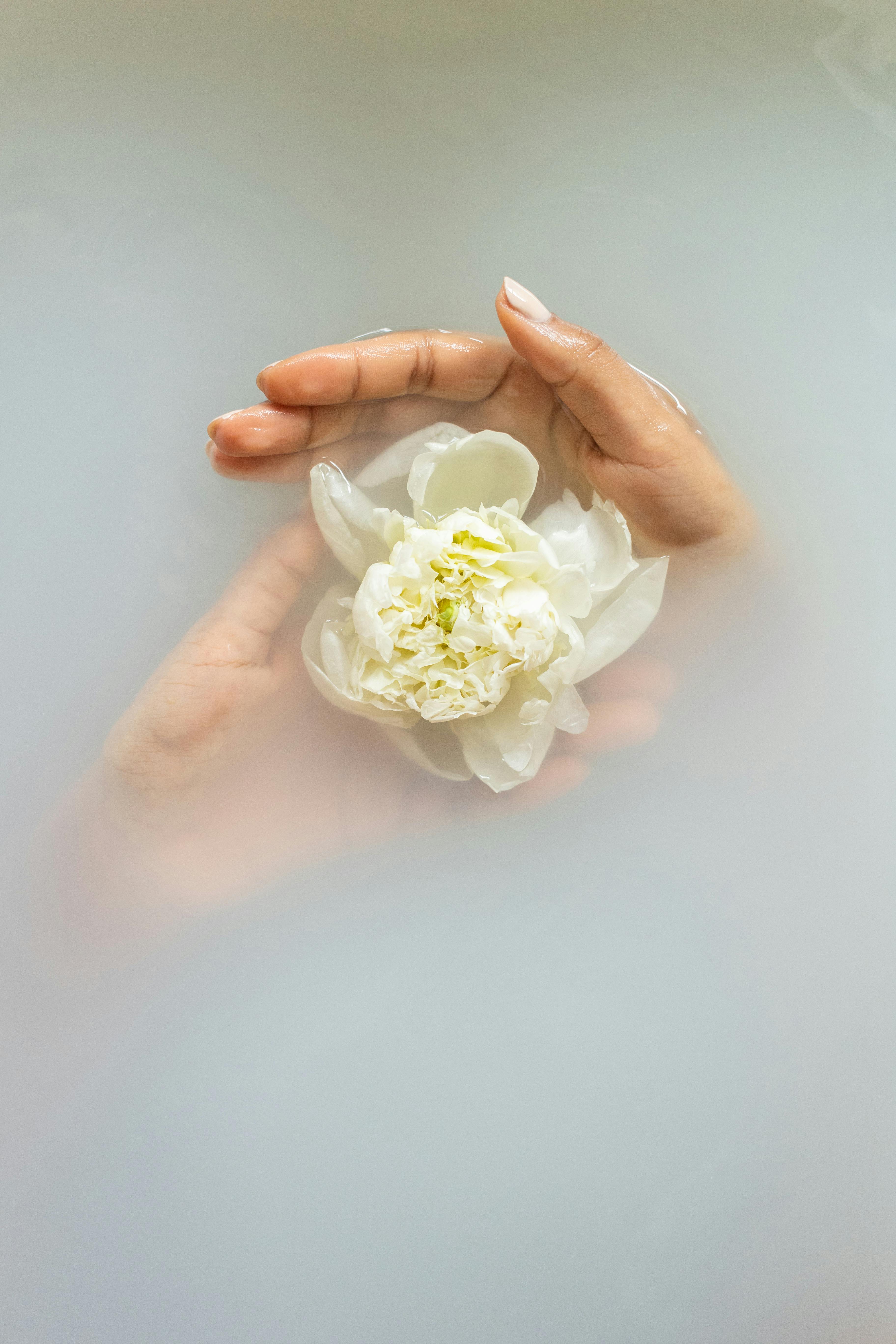Alright, so here’s the deal: have you ever heard of urine therapy? Yeah, you read that right. Urine therapy, also known as uropathy, is the practice of using urine for medicinal or therapeutic purposes. Now, before you wrinkle your nose in disgust, hear me out. This ancient practice has been around for centuries and is believed to have a whole range of health benefits. Don’t worry, we’ll delve deeper into the specifics soon enough, but I promise you, this article is definitely going to make you think twice about what goes down the drain!
Benefits of Urine Therapy
Detoxification
Urine therapy is believed to have detoxifying effects on the body. It is thought that by drinking urine, you can eliminate toxins from your system and promote better overall health. Proponents claim that urine contains substances that can cleanse the blood and organs, helping to rid the body of harmful substances.
Skin health
One of the touted benefits of urine therapy is its potential to improve skin health. It is believed that applying urine topically can help alleviate various skin conditions such as acne, eczema, and fungal infections. Urine contains urea, a natural exfoliant that helps remove dead skin cells and promotes a healthy complexion.
Digestive health
Urine therapy is also said to have positive effects on digestive health. Advocates claim that drinking urine can help regulate digestion, improve nutrient absorption, and relieve symptoms of digestive disorders such as indigestion and bloating. Some believe that the enzymes and beneficial bacteria present in urine can support a healthy gut.
Boosts immune system
Urine therapy is believed to have immune-boosting properties. Proponents suggest that drinking urine can stimulate the production and activity of immune cells, helping to protect against infections and diseases. Additionally, urine contains antibodies and other immune factors that may support a strong immune system.
Anti-aging effects
Some proponents of urine therapy claim that it has anti-aging effects. They believe that the nutrients and hormones present in urine can help slow down the aging process and reduce the appearance of wrinkles. Applying urine topically is said to promote collagen production and improve the elasticity and firmness of the skin.
Hair and scalp health
Urine therapy is believed to promote healthy hair and scalp. Some people claim that massaging urine into the scalp can stimulate hair growth, prevent hair loss, and improve the overall condition of the hair. Advocates suggest that the nutrients and hormones present in urine nourish the hair follicles and promote a healthy scalp environment.
Weight loss
Advocates of urine therapy suggest that it can aid in weight loss efforts. Drinking urine is believed to have a detoxifying effect on the body, which proponents claim can help eliminate excess fat and toxins. However, it is important to note that there is limited scientific evidence to support these claims, and maintaining a balanced diet and regular exercise are still key factors in successful weight loss.
Rejuvenation of body and mind
Urine therapy is often associated with the rejuvenation of both the body and mind. Advocates believe that the various nutrients and hormones present in urine can help improve overall well-being, boost energy levels, and enhance mental clarity. Some people also report feeling more relaxed and balanced after practicing urine therapy.
Management of certain diseases
Urine therapy has been suggested as a potential complementary therapy for certain diseases. Some proponents claim that drinking urine can help alleviate symptoms and improve the overall condition of individuals with conditions such as asthma, allergies, arthritis, and even cancer. However, it is important to note that scientific evidence supporting these claims is limited, and urine therapy should not be used as a substitute for conventional medical treatments.
Enhanced overall well-being
The proponents of urine therapy believe that practicing it can lead to enhanced overall well-being. They claim that urine therapy promotes a sense of self-care and self-love, and that the act of using one’s own bodily fluids for healing can foster a deeper connection with oneself. Some individuals report feeling a sense of empowerment and liberation through their urine therapy practices.
How Urine Therapy Works
Composition of urine
Urine is a complex liquid that consists of water, urea, electrolytes, hormones, enzymes, antibodies, and various other substances. Its composition can vary depending on factors such as hydration levels, diet, and health status. The presence of these components is believed to contribute to the potential therapeutic effects of urine therapy.
Mechanism of action
The exact mechanisms through which urine therapy exerts its effects are not fully understood. Some proponents suggest that urine contains substances that act as antioxidants, antimicrobial agents, and immune modulators, which may contribute to its potential health benefits. However, more research is needed to elucidate the specific mechanisms of action.
Absorption and circulation
When urine is consumed or applied topically, its components are absorbed into the bloodstream and transported throughout the body. The body’s metabolic processes break down and utilize the nutrients and other substances present in urine. It is believed that these absorbed components interact with various body systems, potentially leading to the observed therapeutic effects.
Potential therapeutic effects
Urine therapy is claimed to have a wide range of potential therapeutic effects due to the presence of various substances in urine. These effects include detoxification, immune modulation, anti-inflammatory activity, promotion of tissue regeneration, and support for overall well-being. However, it is important to reiterate that scientific evidence supporting these claims is currently limited.

Methods of Urine Therapy
Oral consumption
Oral consumption is the most common method of practicing urine therapy. Proponents suggest drinking fresh, midstream urine as a way to obtain the potential health benefits. Some individuals prefer diluting the urine with water or mixing it with other beverages to make it more palatable.
Topical application
Topical application involves applying urine directly to the skin. Advocates claim that using urine as a facial cleanser, moisturizer, or in a compress can help improve skin health and promote a youthful appearance. Care should be taken to properly cleanse the skin before applying urine topically.
Nasal instillation
Nasal instillation involves the use of urine drops or spray in the nostrils. Advocates suggest that nasal instillation can help alleviate sinus congestion, improve respiratory health, and potentially even support brain function. It is important to ensure proper hygiene and dilution of urine when practicing nasal instillation.
Ear drops
Some individuals practice urine therapy by using urine as ear drops. Proponents believe that this can help alleviate ear pain, discomfort, and even certain ear infections. It is essential to consult a healthcare professional before attempting to use urine as ear drops, especially if symptoms persist or worsen.
Eye drops
The use of urine as eye drops is a controversial practice within urine therapy. Advocates suggest that using diluted urine as eye drops can alleviate eye irritation, dryness, and potentially even improve vision. However, it is crucial to exercise extreme caution and consult an eye care professional before attempting this method.
Enema
Enemas involving the use of urine are another method employed by some urine therapy enthusiasts. Advocates claim that urine enemas can help cleanse the colon and promote digestive health. It is vital to ensure proper hygiene, sterility, and appropriate dilution of urine when considering this method.
Injections
The injection of urine is a highly controversial and potentially dangerous method that should not be attempted without the guidance and supervision of a qualified healthcare professional. Urine injections are not supported by scientific evidence and can lead to serious health complications.
Urine massage
Urine massage is a practice where urine is applied directly to the body during a massage session. Proponents believe that this method can help moisturize the skin, relieve muscle tension, and promote relaxation. However, it is essential to ensure proper hygiene, dilution, and the consent of the massage therapist before attempting urine massage.
Steam bath
Some individuals incorporate urine into their steam bath routines. This involves adding urine to the water used for generating steam. Advocates suggest that urine steam baths can help detoxify the body, improve circulation, and promote overall relaxation. It is important to ensure proper hygiene and dilution when practicing urine steam baths.
Foot soak
Foot soaks using urine are another method practiced by some individuals. Proponents believe that soaking the feet in urine can help alleviate foot odor, fungal infections, and even promote overall relaxation. It is crucial to ensure proper hygiene and dilution when considering this method.
Safety and Precautions
Source and hygiene
When considering urine therapy, it is crucial to obtain urine from a reliable source and practice proper hygiene. Fresh, midstream urine is generally recommended for consumption and topical application. It is important to ensure that the individual practicing urine therapy is in good health and not suffering from any infections or contagious diseases.
Potential risks and side effects
Urine therapy is not without potential risks and side effects. Some individuals may experience allergic reactions, skin irritation, or gastrointestinal upset when practicing urine therapy. It is important to be mindful of any adverse reactions and discontinue use if any discomfort or negative effects occur.
Contraindications and considerations
Urine therapy is not suitable for everyone. Individuals with kidney diseases, urinary tract infections, or certain medical conditions should avoid urine therapy. Pregnant women, breastfeeding mothers, and children should also refrain from practicing urine therapy. It is vital to consult a healthcare professional before attempting urine therapy, especially if you have any underlying health conditions.
Consulting a healthcare professional
Before embarking on urine therapy, it is strongly advised to consult a qualified healthcare professional. They can provide guidance, evaluate your individual health status, and help assess the appropriateness and safety of urine therapy for your specific situation. A healthcare professional can also address any concerns or questions you may have regarding urine therapy.

Historical and Cultural Perspectives
Ancient practices
Urine therapy is not a recent phenomenon but has been practiced for centuries. Historical records indicate that urine therapy was utilized in ancient Egyptian, Greek, and Roman civilizations. It was believed to have various healing properties and was used for a range of purposes, including wound healing, skin care, and even as a remedy for internal ailments.
Traditional use in different cultures
Urine therapy has been an integral part of traditional healing systems in various cultures around the world. In Ayurveda, a traditional Indian system of medicine, urine therapy, known as Amaroli or Shivambu, has been practiced for thousands of years. Similarly, traditional Chinese medicine and traditional African healing systems have also incorporated urine therapy for certain health conditions.
Religious and spiritual significance
Urine therapy has held religious and spiritual significance in some cultures. For example, in certain Hindu and Jain traditions, cow urine is considered a sacred substance and is used for medicinal purposes, including urine therapy. Additionally, some spiritual or esoteric practices view urine as a symbol of purification and transformation.
Scientific Research on Urine Therapy
Limited scientific evidence
Despite the long history of urine therapy and its use in traditional healing systems, scientific research on urine therapy is limited. There have been relatively few well-designed studies conducted to evaluate the efficacy and safety of urine therapy. This lack of scientific evidence makes it challenging to draw definitive conclusions about its benefits and mechanisms of action.
Preliminary studies
Some preliminary studies have explored the potential therapeutic effects of urine therapy. These studies have investigated its antimicrobial properties, wound healing capabilities, and potential anti-cancer effects. Although these studies show some promising results, more rigorous research is needed to validate these findings and establish the clinical efficacy of urine therapy.
Case reports and anecdotes
Many of the existing reports on urine therapy are predominantly anecdotal or based on individual case reports. While these personal experiences may provide some insight into the potential benefits and effects of urine therapy, they do not provide robust scientific evidence. It is important to interpret such anecdotal reports with caution.
Research gaps and limitations
The limited scientific research on urine therapy has several shortcomings. Studies often lack proper controls, adequate sample sizes, and long-term follow-ups. Additionally, there is a lack of standardized protocols for urine therapy, making it difficult to compare results across studies. Further research is needed to address these limitations and strengthen the scientific understanding of urine therapy.
Need for further investigation
Given the scarcity of scientific research on urine therapy, there is a significant need for further investigation. Well-designed clinical trials and laboratory studies can help evaluate the potential therapeutic effects, mechanisms of action, and safety profile of urine therapy. This research can provide a more comprehensive understanding of urine therapy and its potential role in healthcare.

Criticism and Controversies
Skepticism among medical professionals
Urine therapy faces widespread skepticism among medical professionals. The lack of scientific evidence, potential risks, and the unconventional nature of the practice contribute to this skepticism. Medical professionals are typically hesitant to endorse or recommend urine therapy due to the limited research and potential for adverse effects.
Safety concerns
One of the primary concerns regarding urine therapy is the risk of infections and other health complications. Urine can harbor bacteria, viruses, and other pathogens that could potentially lead to infections, especially if used incorrectly or in unhygienic conditions. It is essential to practice proper hygiene and consult a healthcare professional to minimize the risk of adverse effects.
Psychological factors
The use of urine therapy can pose psychological challenges to individuals, particularly due to societal taboos or personal aversions. Engaging in a practice that involves using one’s own bodily fluids can be uncomfortable for many people. It is important to consider these psychological factors and evaluate personal comfort levels before engaging in urine therapy.
Impact on self-esteem and social well-being
Urine therapy can have an impact on an individual’s self-esteem and social well-being. The unconventional nature of the practice and potential stigma attached to it can lead to social isolation, criticism, or ridicule. It is crucial for individuals to carefully consider the potential social implications and their personal comfort levels before engaging in urine therapy.
Ethical considerations
Urine therapy can raise ethical concerns, primarily related to self-experimentation and the potential for harm. Engaging in unconventional practices without sufficient scientific evidence or medical supervision can have unintended consequences. It is essential for individuals to critically evaluate the ethical implications of urine therapy and take appropriate precautions to ensure their safety and well-being.
Personal Experiences and Testimonials
Individual accounts of benefits
Many individuals practicing urine therapy report experiencing various benefits. These benefits include improved skin health, enhanced overall well-being, increased energy levels, and relief from certain health ailments. Personal experiences and testimonials can provide insight into the potential effects of urine therapy, but it is important to remember that they are not scientific evidence.
Challenges and barriers
Engaging in urine therapy can present several challenges and barriers. These may include personal aversions, societal taboos, lack of social support, and difficulty in finding reliable information. Overcoming these barriers and maintaining consistency with urine therapy practices can be challenging for some individuals.
Support and community
Some individuals practicing urine therapy find support and a sense of community among like-minded individuals. Online forums, support groups, and social media platforms provide spaces for individuals to share their experiences, exchange information, and find encouragement on their urine therapy journey. It can be helpful to connect with others who are also interested in or practicing urine therapy.
Psychological and emotional impact
Urine therapy can have psychological and emotional impacts on individuals. Engaging in a practice that challenges societal norms and personal comfort levels can lead to a range of emotions, including pride, empowerment, and anxiety. It is important to be mindful of these psychological and emotional impacts and seek support if needed.

Urine Therapy and Alternative Medicine
Integration with holistic practices
Urine therapy is often considered within the realm of alternative medicine and holistic healing practices. Some individuals choose to incorporate urine therapy alongside other alternative therapies such as herbal medicine, acupuncture, or meditation. The integration of urine therapy with other holistic practices is a personal choice and should be approached with careful consideration and guidance from qualified practitioners.
Comparison with other alternative therapies
Urine therapy is often compared to other alternative therapies, such as herbal medicine or naturopathy. Each therapy has its unique principles, practices, and potential benefits. It is essential to explore and understand different alternative therapies, including urine therapy, to make informed decisions about personal healthcare choices.
Combining with dietary changes and lifestyle modifications
Many individuals practicing urine therapy also make dietary changes and lifestyle modifications to support their overall well-being. They may choose to adopt a healthier diet, engage in regular exercise, manage stress levels, and prioritize self-care. Combining urine therapy with these lifestyle modifications can create a holistic approach to wellness.
Conclusion
Urine therapy as a personal choice
Urine therapy is a personal choice that should be made with careful consideration, guidance from healthcare professionals, and an understanding of the potential benefits and risks. It is important to critically evaluate the available scientific evidence, personal beliefs, and comfort levels before engaging in urine therapy.
Balancing traditional and scientific perspectives
Urine therapy exists within a complex landscape that involves historical practices, traditional healing systems, and scientific research. Balancing traditional knowledge and scientific perspectives can help individuals navigate the potential benefits and limitations of urine therapy in a more informed and holistic manner.
Future prospects and research direction
The field of urine therapy still requires further research and scientific exploration. Well-designed studies, clinical trials, and laboratory investigations are needed to elucidate the mechanisms of action, clinical efficacy, and safety profile of urine therapy. Continued scientific research can help bridge the gap between traditional knowledge and evidence-based medicine.

